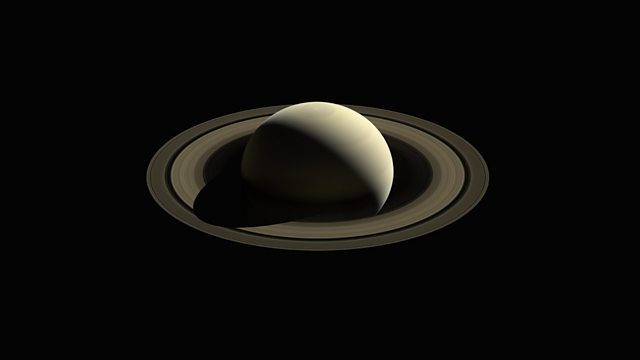Music and Astronomy in Crisis
As astronomers start to realise the sun is the centre of the cosmos, and not the Earth, the first theory of everything starts to fall apart. Dr Stuart Clark continues his exploration.
Could the wonders of the universe and nature of creation be explained through music? The music of the spheres was a serious intellectual idea that applied music theory to the search for underlying order in the natural world.
Conceived in the 6th century BC, the concept survived for centuries, influencing poets and playwrights, including Shakespeare and Milton, and artists such as Botticelli. It culminated in the 17th century when German astronomer Kepler used the music of the cosmos to give birth to modern astrophysics.
In these five essays, astronomer and award-winning science writer Dr Stuart Clark argues that the concept of harmony – still so prevalent in art – continues to underpin science as well.
Episodes feature original music, composed and performed by Carollyn Eden, to underscore the ideas being discussed. We hear Pythagoras’ scale for the nature of the night sky, the different mediaeval church modes associated with the cosmos and music based on the intervals that Kepler calculated for the planets – which still hold true today.
In this fourth essay, as the ‘dark ages’ come to an end, we hear how the weight of evidence begins to threaten the music of the spheres as a theory of everything. With the discovery that the Earth isn’t the centre of the cosmos, new ways of explaining the universe – and new ways to define music – will have to be found.
This series of essays is produced by Richard Hollingham and is a Boffin Media production for ���˿��� Radio 3.
Last on
More episodes
Previous
Broadcasts
- Thu 4 Oct 2018 22:45���˿��� Radio 3
- Thu 30 Apr 2020 22:45���˿��� Radio 3
Death in Trieste
Watch: My Deaf World
The Book that Changed Me
Five figures from the arts and science introduce books that changed their lives and work.
Podcast
-
![]()
The Essay
Essays from leading writers on arts, history, philosophy, science, religion and beyond.





